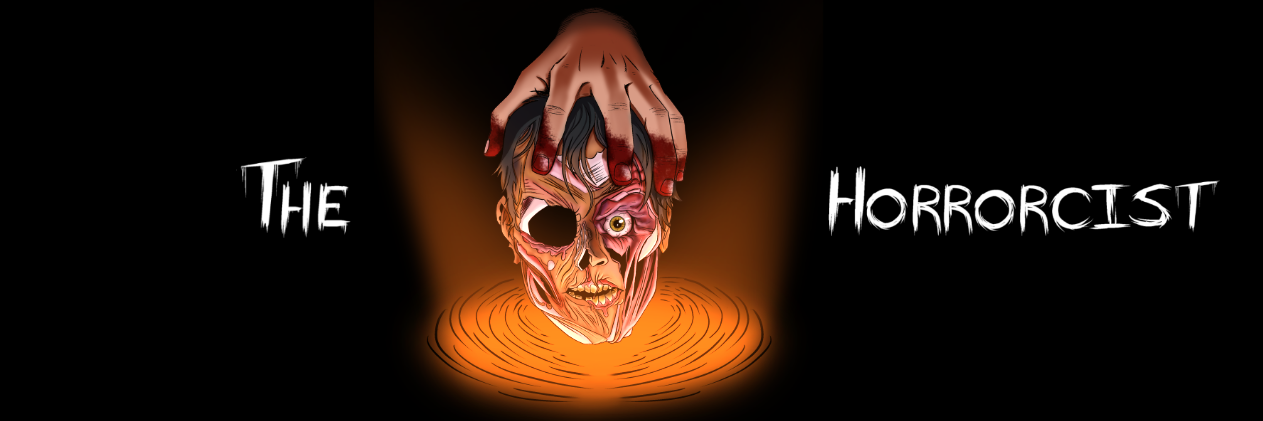Savage State is a slow-burn feminist western from Fantasia Film Festival 2020 that follows a family of five women and a patriarch’s journey across America as they attempt to flee to France to escape the violence of the civil war but violence finds them anyway.
Already Savage State is unique amongst westerns because it positions the women of the family front and centre in its narrative whilst also not making them the stereotypical damsel in distress, which something that I struggle to recall having come across previously in the genre. Here we have a western that turns away from the rugged and gruff masculinity of its iconic stars and focusses on the fierce femininity of women.
But when you also add in deft direction from director David Perrault, some powerhouse performances from the film’s stars like Alice Isaaz, Kate Moran, Kevin Janssens and Armelle Abibou and extremely beautiful and vast locations and settings, you have yourself a reinvigorating and top-notch entry into the storied genre.
After confederate soldiers cause trouble and murder a party guest Edmond (Bruno Todeschini) hires grizzled mercenary, and every bit the iconic western lead, Victor (Kevin Janssens) to get his family, consisting of his wife Madeliene (Constance Dolle), emancipated family servant and his secret lover Layla (Armelle Abibou) and his three daughters, Justine (Deborah Francois) Abigaelle (Maryne Bertiaux) and the youngest Esther (Alice Isaaz) safely to France.

However, Victor’s past returns to haunt him and inadvertently puts the family in danger as Bettie (Kate Moran) vehemently pursues Victor along with her horrifically costumed gang, adorned with scarecrow-like bags on their heads, putting the family firmly in their crosshairs and resulting in a violent shoot-out during the film’s climax. Moran’s performance is sublime, with her imbuing Bettie with all of the recognisable traditional western villainy as well as a raw and unfiltered enraged womanhood, making her a truly memorable antagonist.
Admittedly, the film is slow-going until we get to that climax, but this allows for some excellent character studies as we see the relationship between the three sisters as they try to deal with the situation as well as look inwardly at themselves. It also offers cinematographer Christophe Duchange to really treat us with the visibly changing seasons set against epic landscape vistas of the American countryside and wilderness; we beautifully go from clear blue skies to autumnal sepia to crisp snow.
It’s also in this careful and considered pace, as well as careful and considered cinematography that we also get progressive dialogue and narrative that is equally as carefully considered. The handling of Layla’s character as a freed slave and willing worker, as well as lover of the family patriarch, is handled extremely well, and she’s rather welcomely a key character in the film. Another moment during which Justine confesses to Esther that she fell in love with a woman is treated with refreshing inconsequentiality.

Perrault seems determined to maintain the western tropes throughout the film, even though the narrative often plays on them. Victor, for example, is a handsome, lone, typical action hero and the perfect love-interest for wide-eyed yet spirted and independent Esther. Yet when his hero moment comes and he’s given the opportunity to confront the demons of his past through evidently past-love Bettie and save Esther and her family in the process he is found wanting, and abandons the women to their fate.
The climax then, is the five women besieged and at odds with each other, left alone by the cowardly or dead men that are supposed to protect them taking up arms and defending themselves from Bettie’s, quite frankly, chilling and menacing masked gang who have gone rogue. Perrault maximises the tension of this sequence by having the assailants approach take an age, but when they arrive he deftly emphasises the teamwork and togetherness of the women which accentuates their eventual triumph.
Naturally with the feminist leaning, considered pacing and the quite frankly nonchalant and brutal treatment of men, with Victor in particular getting his just desserts in a very appealing way, Savage State is going to turn off some viewers expecting a typical western. But for the rest of us willing to assuage our need for conventional action in exchange for a touching and sensory exploration of femininity as strength and togetherness, Perrault’s entry into the genre will be a welcome one.
For more reviews and interviews, check out our Fantasia Film Festival 2020 coverage here






